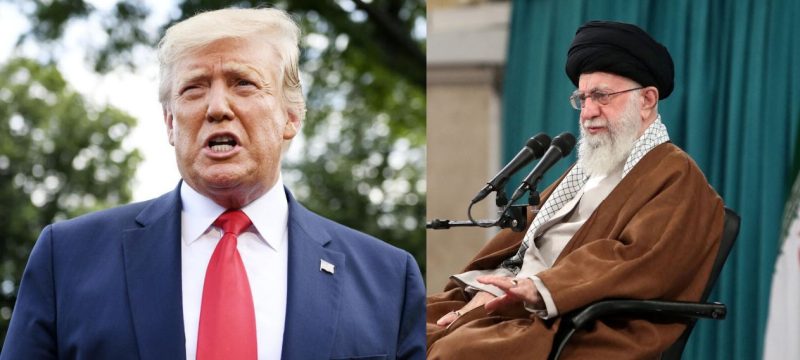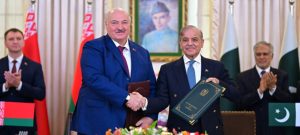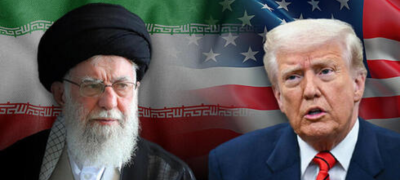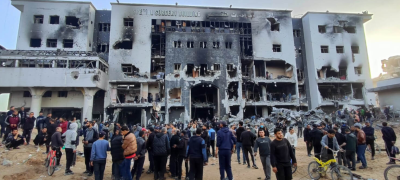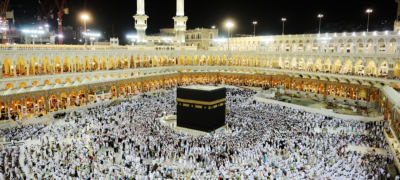The United States and Iran have begun crucial nuclear discussions in Oman, marking a rare diplomatic development amid decades of strained relations, deep mistrust, and rising military threats. The indirect talks, facilitated by Oman, come after weeks of escalating tensions and military posturing, with both sides warning of severe consequences if the negotiations fail.
The U.S. delegation, led by Special Envoy Steve Witkoff, and Iranian Deputy Foreign Minister Abbas Araghchi arrived in Muscat following numerous regional consultations, including Witkoff’s meeting with Russian President Vladimir Putin.
Read more: Trump Warns of Military Action if Iran Defies Nuclear Demands
Iranian officials, under the guidance of Supreme Leader Ayatollah Ali Khamenei, have expressed willingness to limit uranium enrichment and permit more international oversight, though they refuse to discuss Iran’s ballistic missile program, which remains a key concern for the U.S.
The talks come after President Donald Trump gave Iran an ultimatum to reduce its uranium enrichment activities or face potential military action, possibly involving Israel. The atmosphere is tense, with Khamenei’s decision to engage in diplomacy reportedly influenced by mounting internal pressure from Iran’s ruling elite, who warned of economic collapse and civil unrest if military conflict occurs.
While both sides insist on no face-to-face discussions, there are indications that behind-the-scenes negotiations may take place, especially given Oman’s neutral status. Iran has also hinted at the possibility of welcoming American investment, which could ease the economic burden, though hardliners remain cautious.
The urgency of these talks is underscored by U.S. military actions, including the deployment of B-2 bombers to Diego Garcia, signaling a potential military option. Iran’s enriched uranium stockpile has raised concerns, with reports suggesting it could be used to produce up to seven nuclear bombs, though Tehran maintains its program is for peaceful purposes.
Regional and global powers, including Germany, France, the UK, Russia, and China, are closely monitoring the talks, with Russia possibly playing an advisory role in encouraging Iran to make concessions.
As Trump’s mid-May deadline approaches, there is a growing sense that these talks may be the last chance for a diplomatic breakthrough. While both sides have tempered expectations, experts believe even a limited agreement could help stabilize the region temporarily.
Oman’s role as a neutral mediator, due to its non-interventionist foreign policy and trusted relationships with both Tehran and Washington, makes it an ideal venue for these high-stakes discussions. Its discretion in previous negotiations, such as those leading to the 2015 nuclear deal, adds to its credibility as a facilitator of dialogue.
The outcome of these talks could determine whether the Middle East moves toward diplomacy or war, with the deadline set by Trump serving as a key pressure point. The coming days in Muscat will be pivotal in shaping the region’s future.

